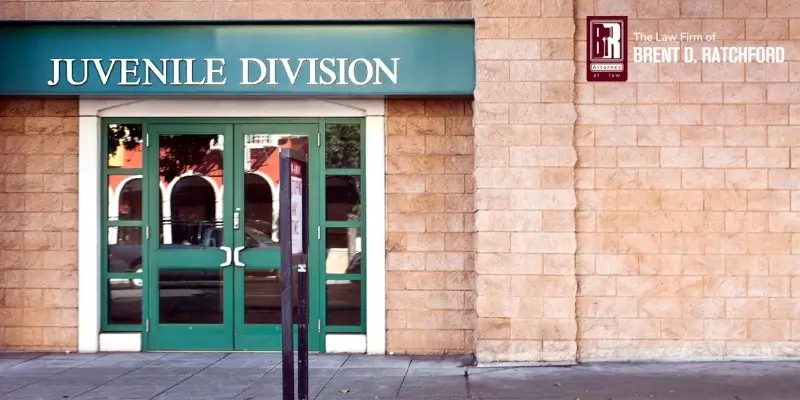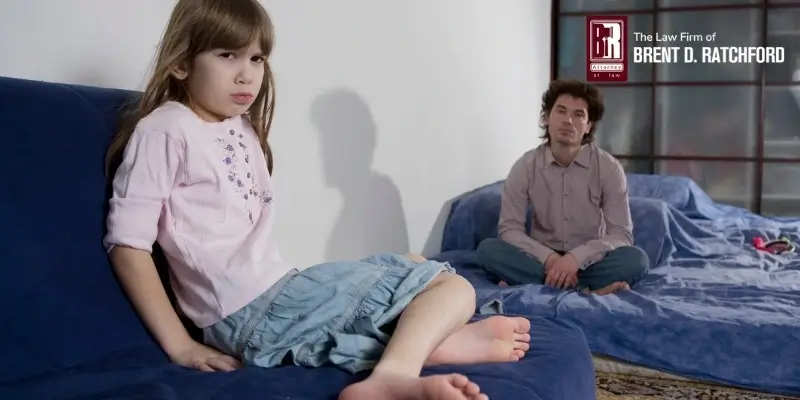Whenever a young person is charged with a crime, the stakes are high, both legally and emotionally. Families often feel overwhelmed and unsure where to turn for support. That’s why it’s important to understand the most common juvenile offenses in North Carolina. This can help parents, educators, and others in the community take more informed steps to prevent and rehabilitate struggling juveniles.
Recent data from North Carolina shows that the vast majority of juvenile offenses in North Carolina are minor. Only a small percentage involve acts of violence. Most of these offenses are linked to behavior patterns that can be proactively addressed through education, support systems, and early intervention.
Breaking Down the Different Types of Juvenile Offenses
Juvenile offenses in North Carolina are typically classified as either minor, serious, or violent. Understanding these categories can clarify how the courts will handle each type of case and what consequences could be up for consideration.
Here is how the numbers break down:
- Minor offenses made up 76% of all juvenile cases in FY 2024. These include trespassing, violating curfew, shoplifting, and disorderly conduct.
- Serious offenses accounted for 13% and typically involve misdemeanor assaults, drug possession, or repeated school-related disruptions.
- Violent offenses made up only 11% of juvenile cases, suggesting that most youth enter the system for nonviolent behavior.
These statistics highlight how most juvenile charges are nonviolent and may be better addressed through supportive, rehabilitative options rather than harsh penalties.

Top Offenses Seen in North Carolina Juvenile Courts
The most common charges facing juveniles in North Carolina have remained fairly consistent over time. Some of these offenses include:
- Misdemeanor assault: This involves fighting at school or in public places. It can often result from peer conflict or impulsive behavior.
- Larceny or shoplifting: A common offense among teens, this is an especially frequent charge for first-time offenders.
- Possession of marijuana or vaping devices with THC: Drug-related charges continue to be prevalent, especially with how popular vaping has become with today’s youth.
- Disorderly conduct and disruptive behavior at school: These cases may stem from emotional or behavioral struggles, especially if there is a breakdown in someone’s support system.
- Trespassing and breaking curfew: This is typically seen in younger teens or those who are being influenced by their peer groups. Oftentimes, these cases are due to poor supervision.
From FY 2016 to FY 2022, misdemeanor offenses remained the most common. However, they dropped from 84% to 74% of all juvenile complaints. School-based offenses also declined during that time, which suggests that a change in school discipline policies might reduce unnecessary legal involvement.
What Influences Juvenile Offending?
While the type of offense is important to be aware of, so is an understanding of what factors increase the risk of juvenile delinquency. Recognizing and addressing these risk factors early can prevent first-time offenses from turning into long-term legal issues to manage.
Some common risk factors include:
- Negative peer associations: Young people are heavily influenced by who is in their social circle. Peer pressure from these individuals can lead to poor decisions.
- School attendance and conduct issues: Skipping school, failing grades, and behavioral problems are very common early warning signs to be aware of.
- Substance use: Experimentation with alcohol or drugs at an early age can escalate into criminal behavior or other risky situations.
- Family instability: Home environments that lack structure or consistent support can contribute to a higher likelihood of juvenile misconduct.
Many juvenile programs are designed to intervene at the family or school level early on. Such measures can address these issues before they lead to criminal activity and repeat offenses.

FAQs About Juvenile Offenses in North Carolina
Can a Juvenile Record Affect My Child’s Future Opportunities?
Yes, even though it’s true that juvenile records are handled differently from adult records, they still affect future opportunities in some cases. School administrators, employers, and even some college admission officers may ask questions about past behavior to help them better understand the individual. This is why it’s important to take any juvenile charge as seriously as possible to protect your child’s future.
What Should I Do If My Child Is Questioned by Police at School?
If your child has been approached by law enforcement at school, they might not fully understand their rights or how to respond at that moment. Ideally, you should be notified before any questioning begins because they are a juvenile. When you are notified, connect with a juvenile defense attorney in Gastonia and schedule a time for everyone to get together with law enforcement. Encourage your child to stay calm and be as respectful as possible in these conversations.
How Can I Tell If My Child Is at Risk of Getting Into Legal Trouble?
Certain behaviors and warning signs could suggest that your child is more vulnerable to legal trouble than others. These could include:
- A sudden change in friend groups
- Skipping school unnecessarily
- Unexplained money or belongings
- An increase in conflict at home
This is why it’s important to stay as involved in your child’s life as possible. Ask lots of questions to keep smaller issues from spiraling into larger, long-term problems.
What Happens After a Juvenile Is Taken Into Custody?
Once a juvenile has been taken into custody, they are typically brought to a juvenile intake officer or detention center to undergo an evaluation. From there, the authorities in charge will decide whether they should release them to a parent or keep them in a juvenile facility until it’s time for their hearing. While this is happening, an attorney can supervise everything and make sure your child’s rights are respected the entire time.
Contact The Law Firm of Brent D. Ratchford Today
If your child is facing criminal charges, know that you don’t have to support them alone. At The Law Firm of Brent D. Ratchford, we understand what is at stake and how to manage this properly. We can make sure your child’s rights are protected from the outset and steadfastly defend them against their allegations. Contact us today to learn more about how we can help.







